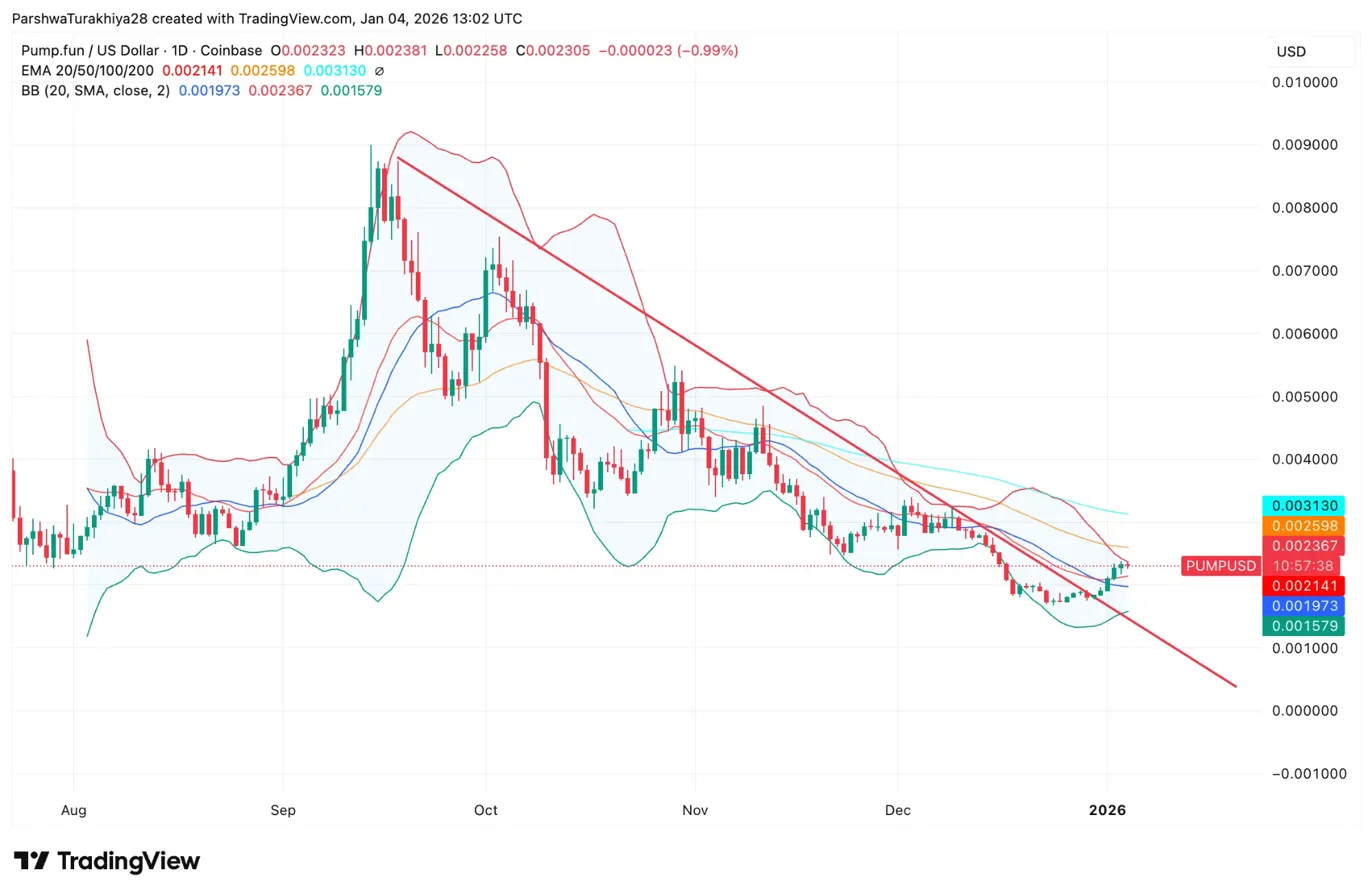Paradigm-Backed Harmonic Launches HFT-Style Block Building to Supercharge Solana’s Validator Performance
November 5th, 2025 – New York, New York
class=”ql-align-center”>Paradigm leads $6M seed round for new aggregation layer – introducing exchange-grade coordination and open competition among block builders, unlocking greater speed, efficiency, and transparency across Solana’s $72 billion validator economy
Harmonic announced today the launch of Solana’s first open block building infrastructure and builder market, a new aggregation layer that allows validators to source blocks from multiple, competing builders. For the first time on Solana, block building becomes decentralized, transparent, and validator-driven. In conjunction with the launch of Harmonic, the team also announced its $6 million seed round, led by Paradigm.
In Solana’s existing architecture, each validator takes turns as a leader, building and proposing blocks during their assigned slot. While efficient, this design concentrates block-level control in one operator at a time, prioritizing weighted stake over performance. Harmonic replaces that bottleneck with a coordinated aggregation layer that routes builder proposals to validators in real time, introducing structured block propagation similar to a high-frequency trading order router.
“Block building shouldn’t be a black box,” said Ben Coverston, Co-Founder of Harmonic. “Validators should decide what goes into a block, not a single operator or off-chain relay. Harmonic restores choice, competition, and transparency to block production on Solana. In doing so, we aim to bring Solana closer to the deterministic reliability of financial exchange engines such as Nasdaq’s OUCH and INET systems, which are designed for speed, continuous operation and zero downtime.”
Through its aggregation layer, Harmonic continuously collects block proposals from independent builders and presents them to validators in real time. Validators can adopt custom policies to guide block selection, including:
- MEV optimization: Maximize yield from arbitrage or priority fees.
- Content rules: Enforce inclusion or exclusion lists for specific transactions or protocols.
- Policy alignment: Prioritize fairness, compliance, or ecosystem preferences.
“Solana already leads the industry in raw performance, processing thousands of transactions per second with sub-second finality,” said Jakob Povši?, Co-Founder of Harmonic. “By introducing open competition in block building, we push that advantage even further toward the precision, consistency, and throughput of a global exchange engine.”
By opening block construction to multiple builders, Harmonic ensures that value discovery remains competitive and validators retain full sovereignty over their block decisions. Parallel block sourcing unlocks new performance ceilings for Solana, which represents one of the largest and fastest-growing validator economies in crypto, with more than $72 billion in active stake across ~1,000 validators.
“Harmonic’s open aggregation model transforms Solana’s block production into a continuously optimized and competitive marketplace,” said Frankie, Investing and Research Partner at Paradigm. “The result is exchange-grade performance capable of approaching Nasdaq speed in both reliability and throughput.
Contact
Hokku PR

Disclaimer: The content of this article solely reflects the author's opinion and does not represent the platform in any capacity. This article is not intended to serve as a reference for making investment decisions.
You may also like
Ripple News: RLUSD Gains Regulatory Backing as Stablecoins Move Toward Bank Oversight
Pi Network News: Can Pi Price Recover If Bitcoin Turns Bullish?
XRP’s Long Wait May Be Ending as Buying Pressure Builds
Pump.fun 2026 Prediction: $935M Revenue Battles $500M Lawsuit And 98.6% Rug Pull Crisis

